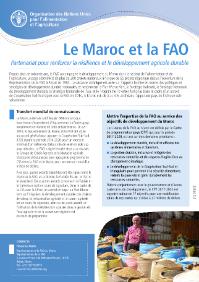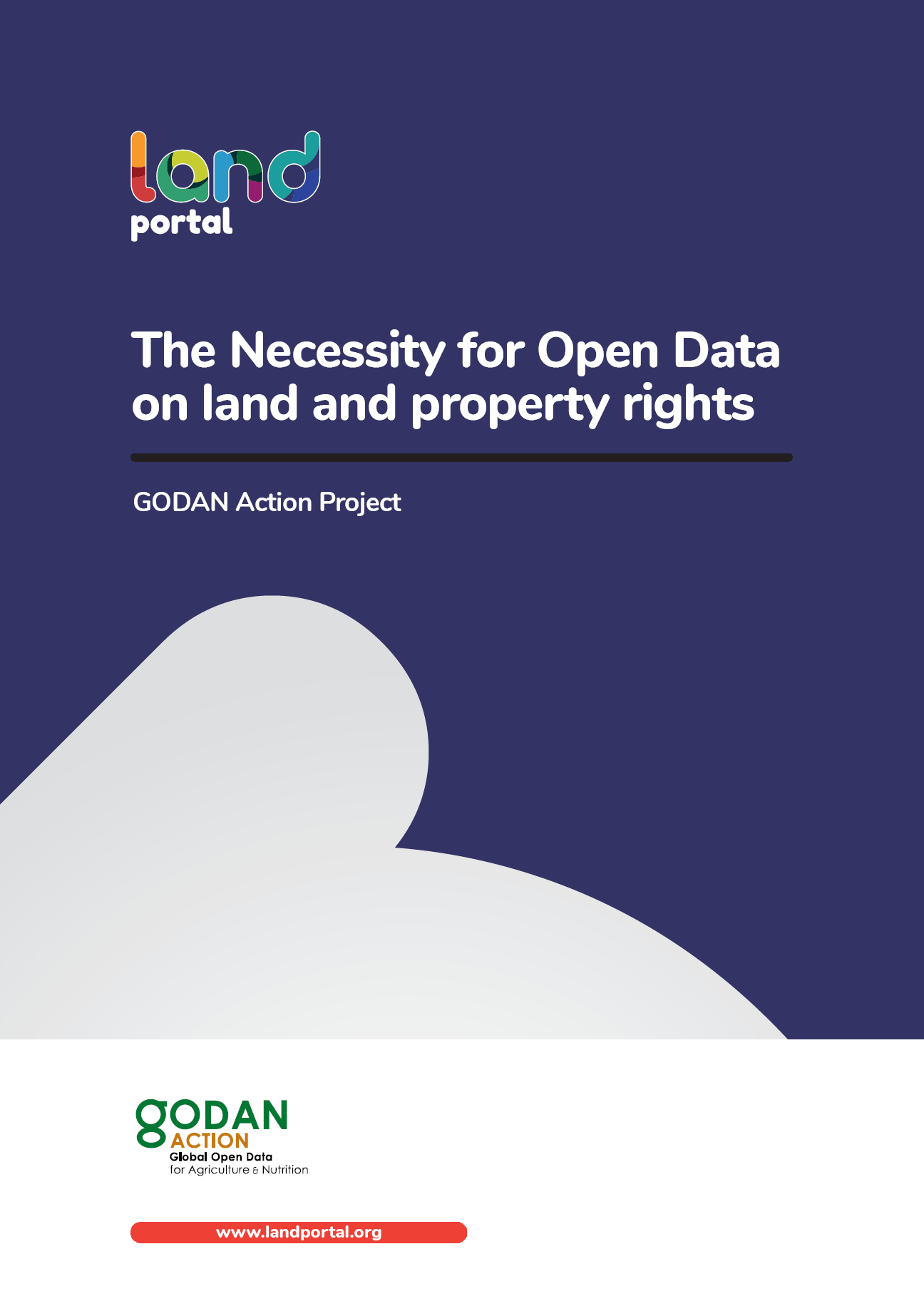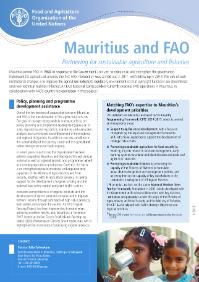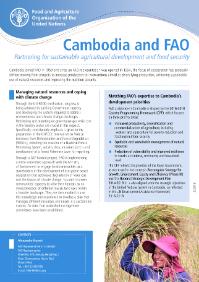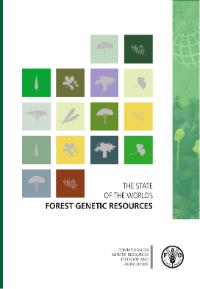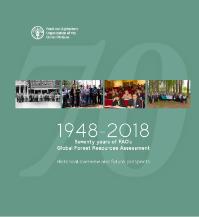Non-Timber Forest Products
Fact sheet on activities of Action Against Desertification to develop non-timber forest products. Action Against Desertification is an initiative of the African, Caribbean and Pacific Group of States (ACP) in support of the Great Green Wall initiative and UNCCD national action programmes to combat desertification, implemented by FAO and partners with funding of the European Union.


